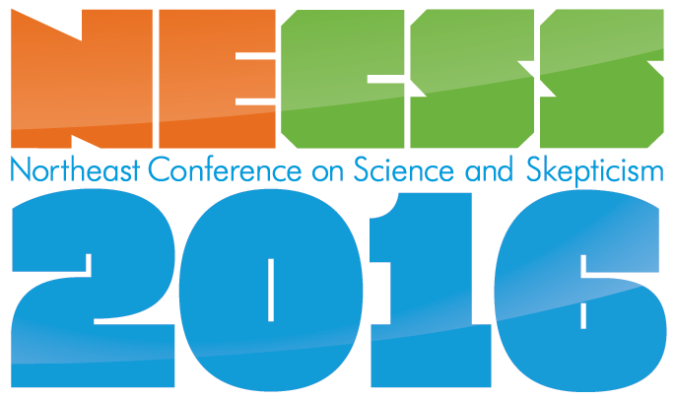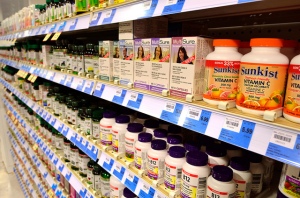
A day of Science-Based Medicine, a weekend of science and skepticism
If you’re interested in science, skepticism and medicine, then NECSS, the NorthEast Conference on Science and Skepticism, is the conference for you. NECSS will be held May 12-15 in New York City at the Fashion Institute of Technology. The entire program is available schedule here.
The conference will welcome over 400 people and include panels, presentations and performances. Included in the program will be a full day of Science-Based Medicine, featuring speakers from the blog like including yours truly.
SBM day is Friday, May 13. Here’s the current schedule:
9:30-9:40 10 minutes Welcome
9:40-10:15 35 minutes Functional Medicine is Dysfunctional Harriet Hall
10:15-10:50 35 minutes Science-Based Dentistry: Where the Truth Meets the Tooth Grant Ritchey
10:50-11:00 10 minutes Break
11:00-12:10 70 minutes Natural Disaster: Dietary Supplements Scott Gavura & Jann Bellamy
12:10-1:40 90 minutes Lunch
1:40-2:15 35 minutes Kids & CAM: Playing Make-Believe with Children’s Health John Snyder
2:15-2:50 35 minutes Chronic Lyme: When Life Hands You Lemons Saul Hymes
2:50-3:25 35 minutes Your Baby’s Spine Will Be Just Fine Without Chiropractic Adjustment Clay Jones
3:25-3:40 15 minutes Break
3:40-4:45 65 minutes Debate: Should Physicians “Fire” Anti-Vaccination Patients? John Snyder, Saul Hymes, Clay Jones
4:45-5:20 35 minutes Bayesian Statistics Steve Novella
5:20-6:05 45 minutes Ask Us Anything: Audience & Twitter Q & A All Speakers
6:05-6:15 10 minutes Closing
Registration is open.
The entire conference looks amazing. I hope to see you there.









You must be logged in to post a comment.